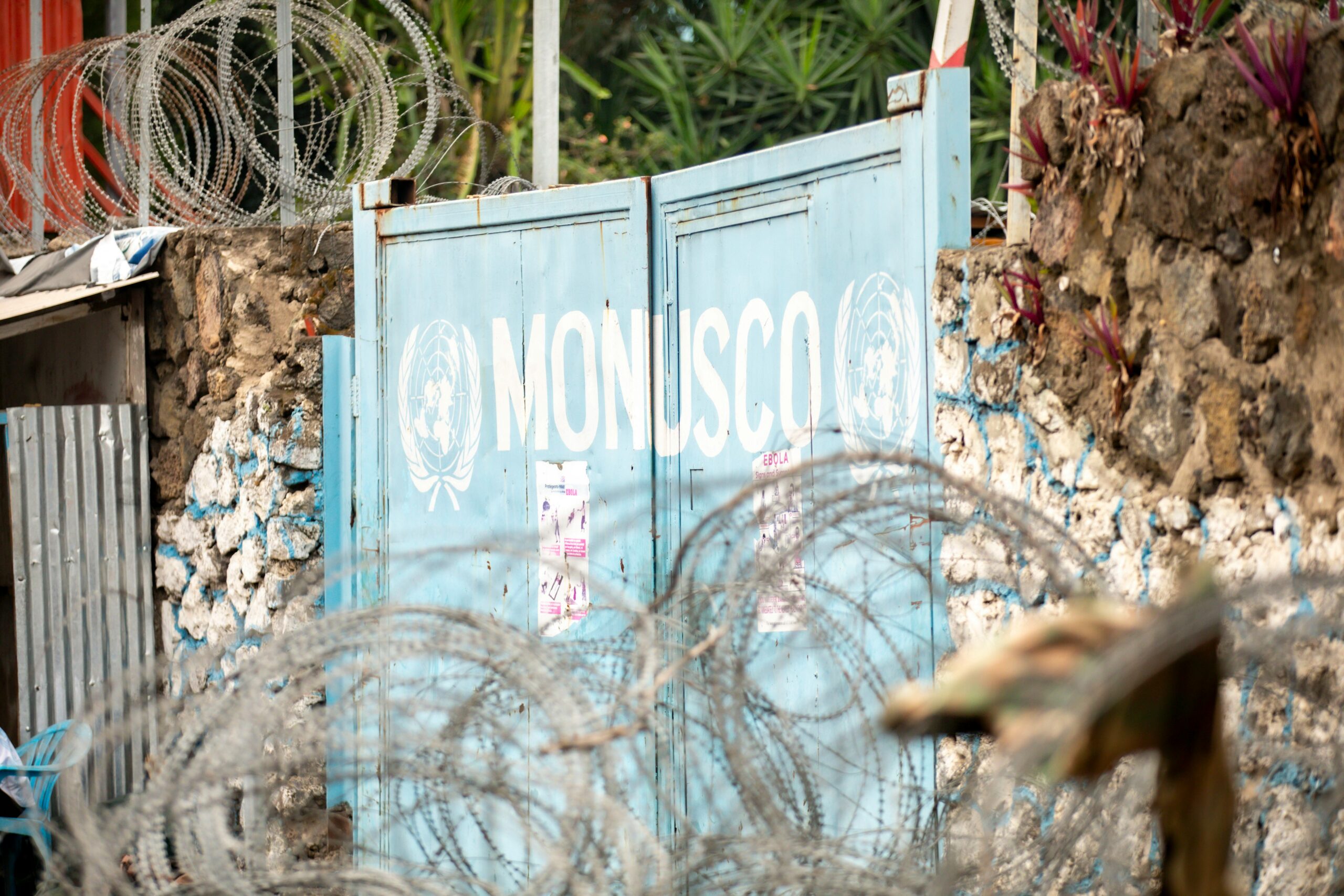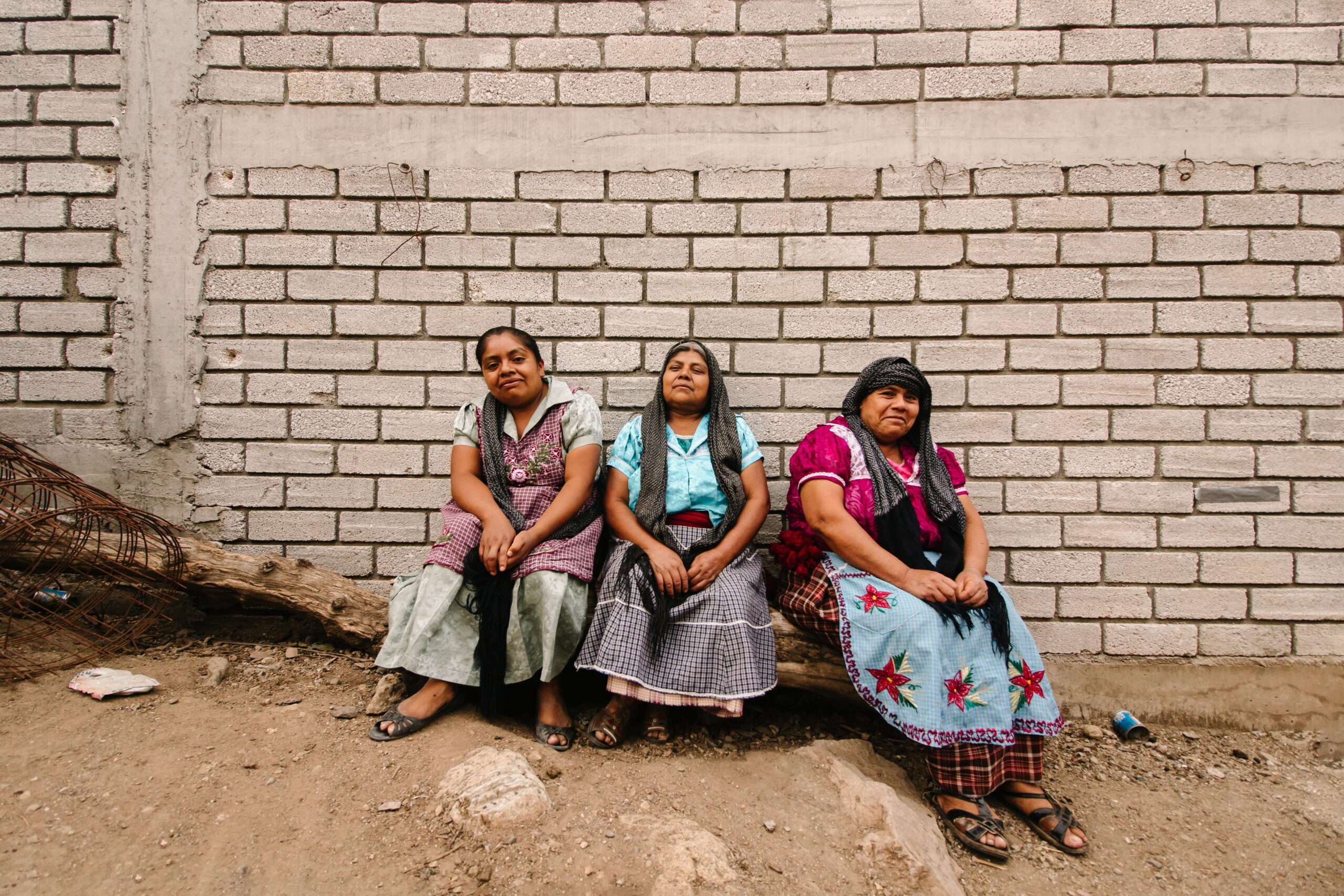Central American Migrant Caravans as a Bold Act of Care Against Neoliberalism
By Jessy Flores
In 2018, a migrant caravan from Honduras, driven by the hope of achieving the American dream, captured global attention.
Though not the first of its kind, this caravan marked the beginning of a more frequent pattern of similar journeys to the U.S. While media coverage often highlights the strain these caravans place on immigration systems, there is a deeper narrative to be told—one of resilience, solidarity, and resistance against the oppressive forces of neoliberalism. These caravans represent an alternative form of care that challenges the perception of migration as an individual journey, instead presenting it as a collective movement that confronts Central America’s prevailing predatory and extractivist capitalist model.
The Neoliberal Crisis in Central America
Since the late 1970s, there has been a push for neoliberal development models and structural reforms promoting privatization, free-market ideals, deregulation, and government austerity measures, both in Latin America and globally. This transformation began in Central America during the 1980s with the “Washington Consensus,” characterized by the introduction of structural adjustment programs and the creation of free trade zones.
Central America has long been plagued by the consequences of neoliberal policies—inequality, social exclusion, political closure, precarious jobs, violence, corruption, and environmental degradation. Decades of U.S. intervention, coupled with domestic policies favoring corporate interests over the well-being of the people, have exacerbated these issues, leading to widespread poverty and insecurity.
Today, the lasting legacies of resistance and repression, with diverse outcomes seen at national and local levels, significantly shape Central American neoliberalism and ongoing social struggles.
The Emergence of Migrant Caravans
According to World Vision, a “migrant caravan is a large group of people traveling together with a goal of finding safety, political stability, or better economic opportunity.” In this context, Central Americans (and other Americans), who have long been migrating to the U.S., have increasingly organized migrant caravans to travel safely and seek asylum.
The most recent Migrant Caravan started from Honduras on January 20, 2024, with about 300 people, including men, women, and children. By March 25, it grew to about 2,000 people and was moving bravely through Tapachula, in southern Chiapas. Notably, it now includes not only Central Americans but also individuals from Venezuela, Cuba, Haiti, El Salvador, Ecuador, China, and Sudan.
Even though this current caravan has fewer people compared to the one that started back in October 2018, which gathered around 7,000 people, its existence highlights an ongoing trend: migration remains a significant phenomenon, showing no signs of decline.
In line with The Care Collective‘s assertion, “as neoliberal economic growth policies have become dominant in so many countries, the inherently careless practice of ‘growing the economy’ has taken priority over ensuring the well-being of citizens”.
In this context of inequality, desperation, and marginalization, the colonial mindset has made ‘the inferior south’ believe in ‘the superior north’, which fuels the pursuit of the American dream and drives migration, underscoring the deep-seated belief that greater opportunities and a better life can be found in the U.S. Rather than embarking on the risky journey north alone, individuals come together in large groups for safety, support, and visibility. This collective action challenges the individualistic principles of neoliberalism, highlighting the power of community care in the face of adversity.
Care in Action
Viewing migrant caravans through a ‘care lens’ helps us grasp the complex and contradictory aspects of social relations in conflicts and peacebuilding. It reveals a deep ethic of care—a dedication to watching out for one another and ensuring nobody is left behind. Participants share what they have, provide emotional support, and prioritize each other’s well-being throughout the journey. In doing so, they challenge the neoliberal mindset that values profit above all else, showing that a different world, based on mutual aid and solidarity, is achievable.
By crossing borders in groups, migrant caravans also challenge the arbitrary divisions and barriers that neoliberal globalization has imposed. The Care Collective points out that even though goods move freely, neoliberal governments are strengthening borders to keep out people they see as ‘undesirable’. These caravans expose the hypocrisy of policies that prioritize the free flow of capital while criminalizing the movement of people, highlighting the inherent injustice of a system that privileges the few at the expense of the many.
Moreover, migrant caravans cultivate solidarity not just among participants but also with communities along the route and beyond. They have opened avenues for compassion, unity, and accountability by inspiring numerous individuals and organizations to assist migrants. This has forged connections that surpass national borders, affirming the common humanity we all share and promoting compassion towards strangers and distant others.
A Call to Action
Central American migrant caravans represent a powerful alternative form of care in the struggle against neoliberalism. They embody the resilience, solidarity, and collective agency of communities marginalized by economic exploitation and state violence. As allies and advocates, it is binding upon us to amplify their voices by demanding respect for human rights, challenging oppressive systems, and working towards a more just and compassionate world for all.
Cover picture: SINEWAVEKID //





Leave a Reply